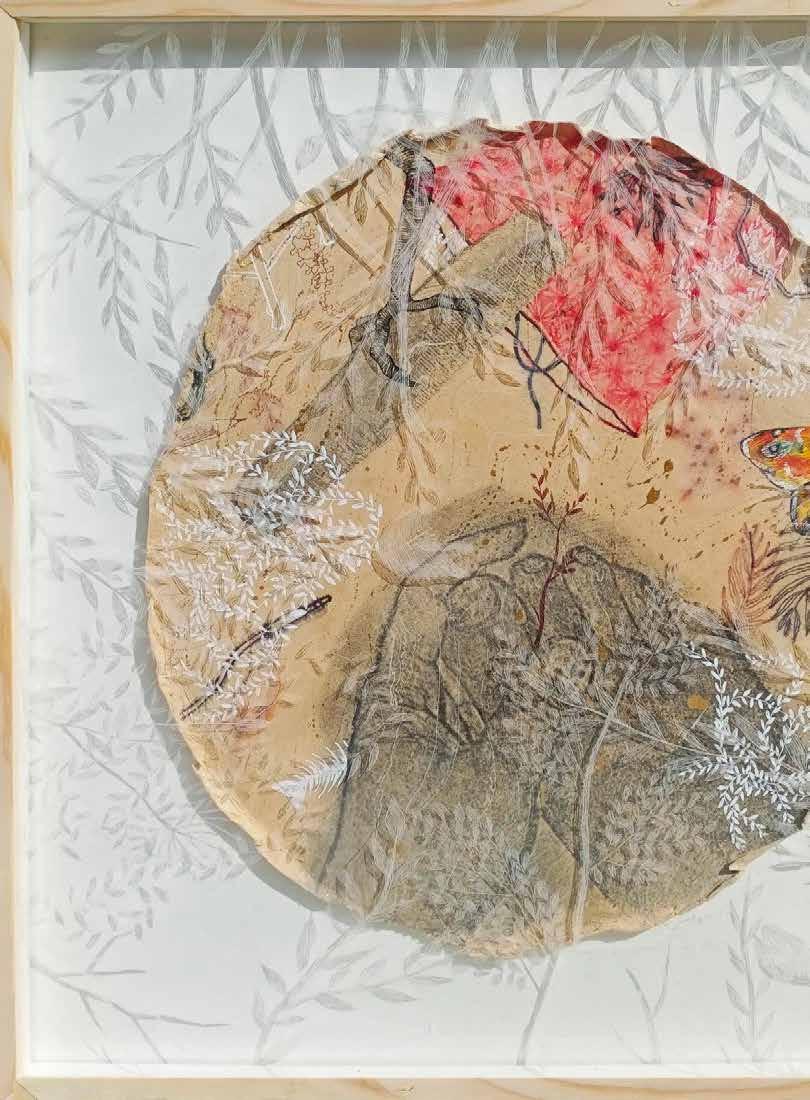
11 minute read
dr. debotri dhar
Interviewed by Martin A Bradley
Dr. Debotri Dhar Martin A Bradley
Advertisement
Doctor Debotri Dhar is a lecturer in Women’s and Gender Studies in the University of Michigan at St. Ann Arbor, Michigan, USA.
Dr. Dhar obtained her PhD in Women’s and Gender Studies, at Rutgers University, USA, her Masters in Women’s Studies (Distinction), at Oxford University, England and a Bachelors (Honours) in Economics, in Delhi, India.
Her latest book ‘Love is not a word’ was recently published (2020) to glowing reviews. She also has written novels, short stories, essays, and newspaper columns. ‘Postcards from Oxford’, her single-authored book of stories on women and travel, was published in London and Kolkata in 2013, her novel The ‘Courtesans of Karim Street’ (2015) was short-listed for a Young Writers' Award, her short stories have appeared in literary magazines in USA, UK, India, Canada, New Zealand and elsewhere, and her long story ‘A Flute Called Radha’ was published in a 2019 Penguin Random House anthology. In 2018, she was invited to judge and guest-edit The Best Asian Short Stories (Kitaab, Singapore), a global contest for creative writers in/ from Asia and the Asian diaspora. Her monthly column An Indian Abroad in The Sunday Guardian from New Delhi was immensely popular, and her literary essays such as ‘A Sense of Belonging’ in OPEN Magazine (2017) have received thousands of circulations worldwide.

The above I have borrowed from Dr. Dhar’s very lengthy list of accreditations on the University of Michigan website.
Dr. Dhar and I ‘met’ while Dr. Dhar was editing an anthology of short stories ‘The Best Asian Short Stories’ (2018, Kitaab, Singapore) which contained my short story ‘Bougainvillea’. ed.
Love, Law, and Literature
(Dr. Debotri Dhar interviewed by Martin Bradley)
Three years ago I was on my way to Bonn, Germany, for a twoweek rest and to take a look around the Drachenfels hills and peek inside ‘Nibelungenhalle,’ the gallery inspired by Richard Wagner’s ‘Der Ring Des Nibelungen’ (ring cycle) and immerse myself in its neo-gothic and Art Deco (romantic) symbolism. Since the 1990s, I’d taken an interest in Indian popular films. On the flight over to Bonn I’d noticed there was an Indian film selection within the in-flight entertainment. ‘Jab Harry Met Sejal’ (transl. When Harry met Sejal, 2017) with Shah Rukh Khan was playing. I had to watch. You can tell by the name that it was a Bollywood makeover of ‘When Harry Met Sally’ (1989), a romantic comedy starring Billy Crystal as Harry and Meg Ryan as Sally and directed in the USA by Rob Reiner, with all its misunderstandings, its ups and downs and an eventual happy-ever-after.
The whimsy of Khan’s film and the gothic romance of that Wagnerian hall, in retrospect, has got me thinking about that whole notion of ‘Romance’ its ‘Sturm und Drang’, those turbulent emotions, the ups and downs of a love which may or may not be romantic. I am curious about that suspected cross-cultural dalliance which caused so many problems for Dr. Aziz and Adela Quested, in E.M. Forster’s book ‘A Passage to India’, I am again curious about Victoria Jones and Colonel Savage in the book by John Masters and George Cukor’s film ‘Bhowani Junction’ and, of course, Daphne Manners and Hari Kumar in the television production of Paul Scott’s ‘Raj Quartet’ as ‘The Jewel in the Crown’. I am curious about the closeness of Queen Victoria and her companion Mohammed Abdul Karim. I am curious too about that odd romance between Peter Sellers (as Indian doctor Dr. Ahmed el Kabir) and the Italian Sophia Loren in the film ‘The Millionairess’ and, in general, the seeming tragedy of cross-cultural romance (in British popular culture), hinting at those romances being doom laden.
In this quest, I am very happy to be able to call upon an expert on the subject, Dr Debotri Dhar, who has conceptualized and edited an anthology of essays about love, titled ‘Love is not a word: The Culture and Politics of Desire’, published (in India) by Speaking Tiger Books.
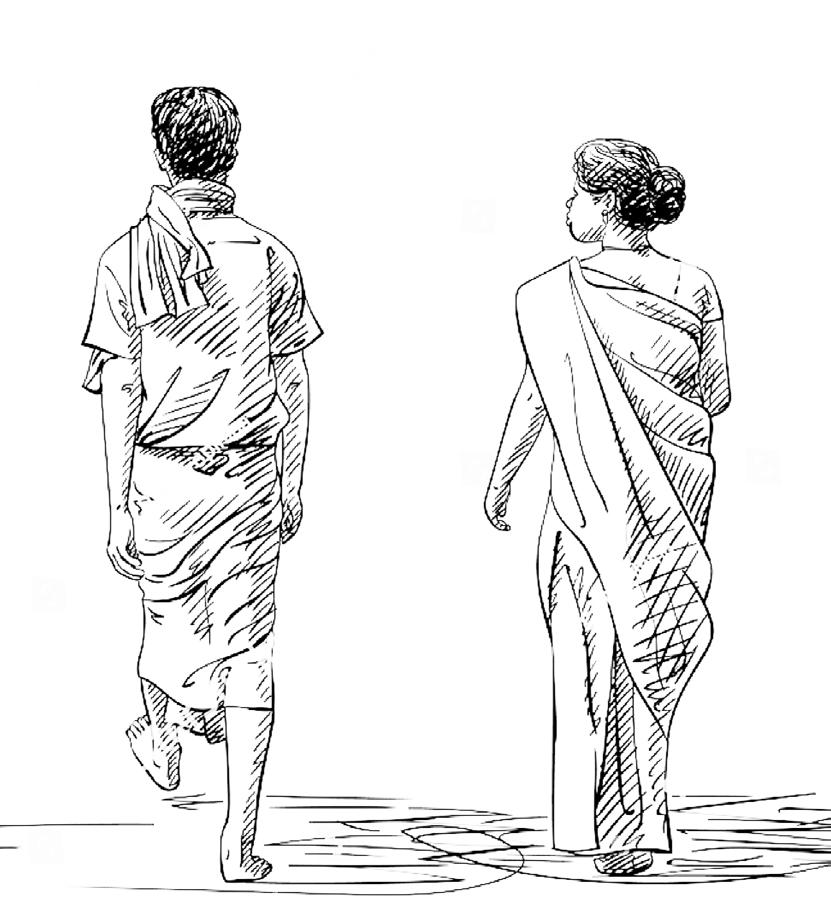
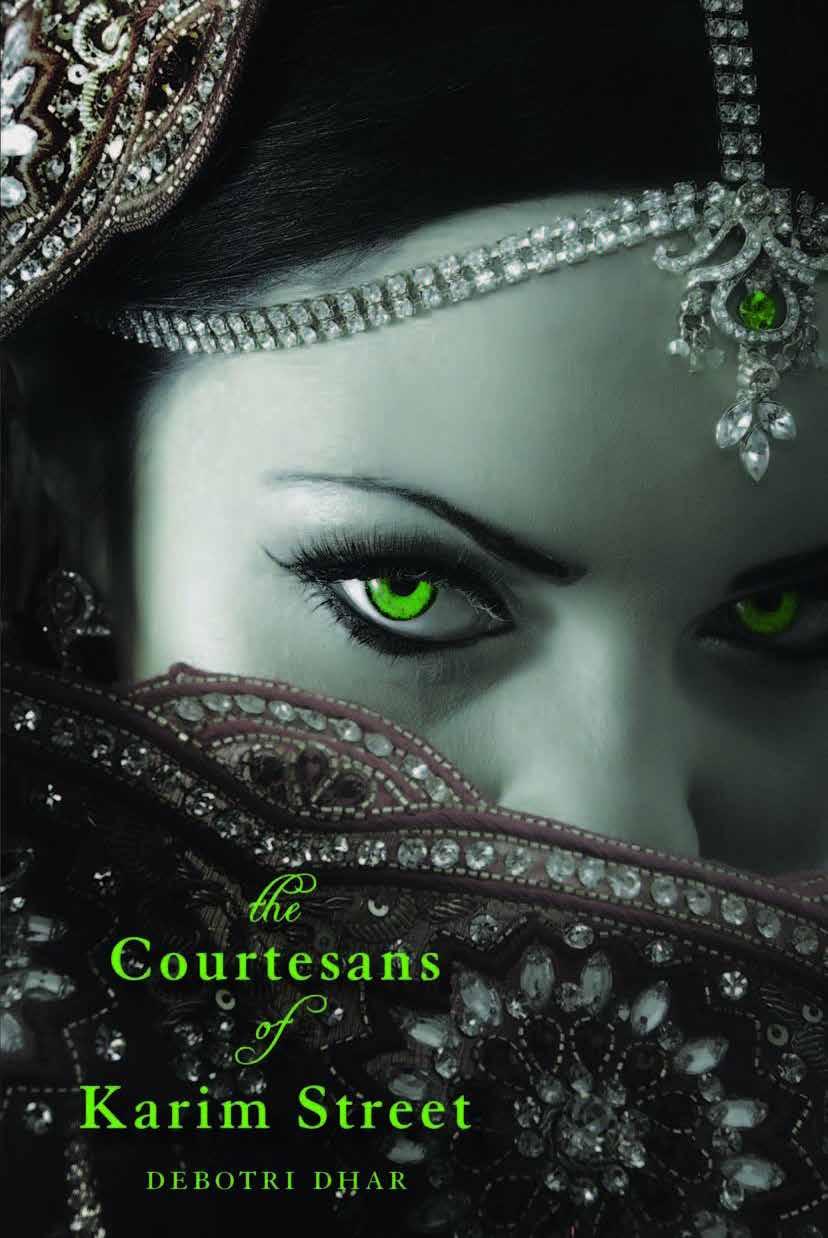
Martin Bradley: Dr. Dhar, thank you for this conversation.
Debotri Dhar: First of all, I want to take this opportunity to wish The Blue Lotus Magazine a very, very happy 10th Anniversary! You have been doing such delightful work in bringing Asian literature, culture, and the arts to the world for ten years now. Thank you for this conversation about the book, and on love.
MB: I do admit to being confused. Are ‘romance’ and ‘love’ synonymous?
DD: No, not at all. I've spoken and written about love as a political and social ethic, both in articles I have authored as well as in this edited collection of essays on love. For example, judges of the Indian Supreme Court delivered four separate but concurring legal judgements in 2018 to read down Section 377, the draconian colonial law that had criminalized homosexuality, effectively apologizing to its LGBT petitioners for over a century of discrimination. There is an essay on this by Parvati Sharma in my volume, where she reminds us that while our heterosexual love has been celebrated across cultures and contexts, the consensual love of others has been criminalized and shamed. Our inherited and inhabited understanding of romantic love can often be limiting unless it engages with this larger culture and politics of love.
In fact, why only humans? My own essay in the volume, ‘Single Women, Self-love, and the Gender of Waiting’ speaks to interspecies love, particularly with reference to the allegorical novel ‘The Tiger’s Wife’ that weaves together history, myth and magic. There is even an essay on writing love-letters to trees!
But love is not always and only sexual or romantic, it is more than that. Given current political debates in the US, raising the minimum wage to a living wage has been playing on my mind… Remember ‘Like You’?
Like you I love love, life, the sweet smell of things, the sky-blue landscape of January days. And my blood boils up and I laugh through eyes that have known the buds of tears. I believe the world is beautiful and that poetry, like bread, is for everyone. And that my veins don’t end in me but in the unanimous blood
of those who struggle for life, love, little things, landscape and bread, the poetry of everyone. (‘Like You’ Roque Dalton)
MB: You said love does not always need to be romantic or sexual. Along with ‘romantic love’ or ‘Eros’, there are three other ancient Greek concepts of ‘Love’ (Storge – empathy, Philia – friendship, and Agape – unconditional love). Could you expand on that a little?
DD: In a simple sense, storge is the fond love of familial, familiar relationships, whereas philia is love based on voluntary friendships. C.J. Lewis describes philia as the fullest of all loves because of its non-coercive nature, and rues the lost art of friendship in a modern world. While Lewis’ understanding of Agape as selfless God-love is rooted in Christianity and monotheistic faith-systems, as are his other ideas, these ideas thrive in Asian traditions as well. Indian epics have some beautiful depictions – we might see philia, for instance, in the sakha-sakhi relationship between Sri Krishna and Draupadi, where Krishna understands her pain more than Arjun does.
As the leelapurushottam, the lover-God Krishna might be seen to encompass all these ideas of love, including eros. There is a long essay on Radha-Krishna in the volume. Speaking of which, I’m also thinking of some Jungian inspired studies of masculinity such as Moore and Gillette’s work on the four mature masculine archetypes: king, warrior, magician, lover. They argue that in contrast to boy psychology and its shadow-selves, mature masculinity is not controlling, fearful, jealous, or abusive; instead it is grounded, generative, self-aware, and loving. While all these models of love can of course be critiqued, and not only through a gender lens, they also have fascinating insights to offer.
Anyway, the boundaries between various forms of love are perhaps never that stark. Even enduring romantic love must include aspects of friendship and empathy, must it not? Moving on to popular culture - you spoke of Shah Rukh Khan earlier – Khan’s commercially successful Bollywood film Kuch Kuch Hota Hai’s protagonist proclaims that loudly with his “Pyar dosti hai!” (love is friendship.) I have personally been very fortunate in my friendships – platonic and intellectual relationships that have provided steady support throughout my life and journey across cities, countries, and
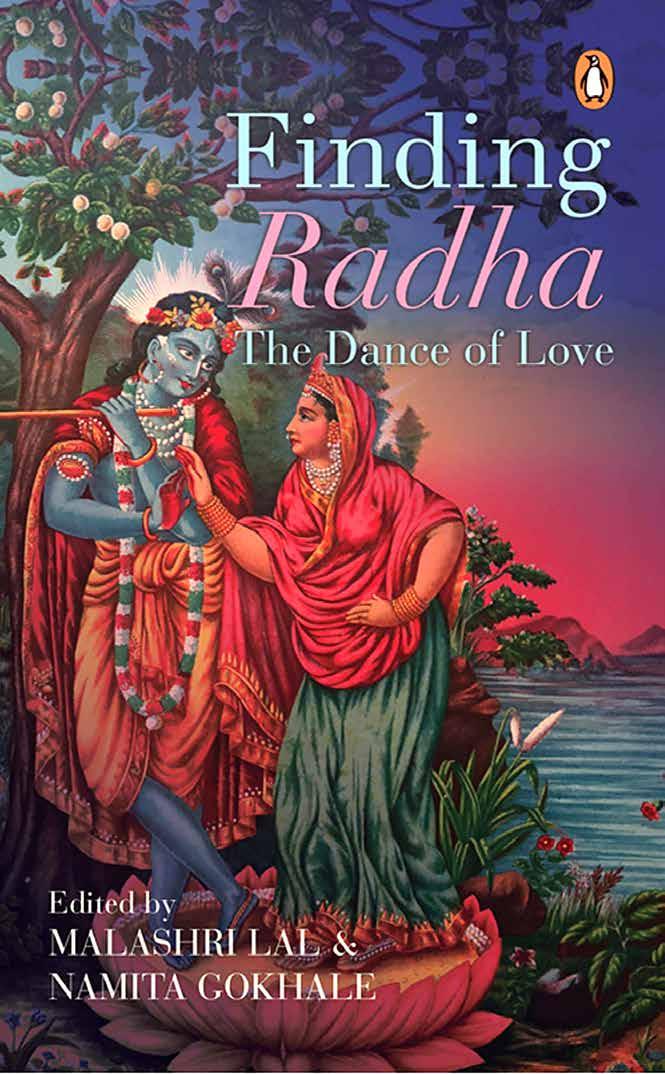
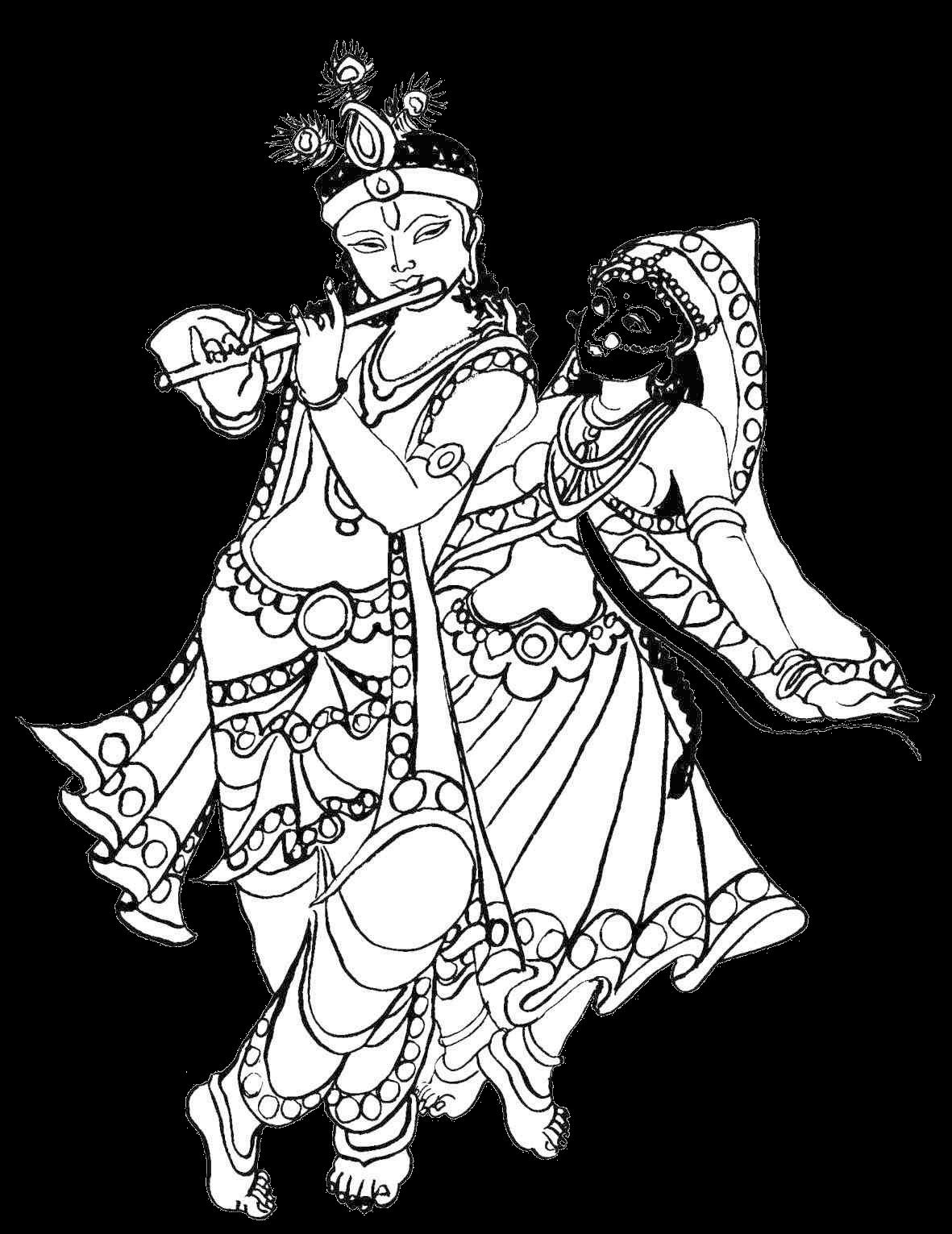
continents - and so I tend to think of love in its expansive fullness.
MB: So is romantic love a universal or just a Western construct?
DD: Well, I think romantic love might be more universal than we realize, even as it plays out in particular cultural and other contexts. For instance there are two essays in the volume on love in Urdu poetry and the ghazal. The West in its self-representation often exalts the role of romantic love in its own historical narrative, but we must remember that romantic love has often only been acceptable as long as it does not disrupt societal hierarchies. Love across races or across social classes - and until recently, same-sex love – have historically been proscribed as much here as anywhere else, with strict laws or cultural norms especially regulating whom to marry. Meanwhile, regardless of the arranged marriage stereotypes, romantic love has thrived in many spaces in Asia too. Of course there have been terrible instances too, here and around the world, of people killed, sometimes by their own families, for daring to love someone the community did not approve of. The point though, is that down the ages, people have still found ways to love against all odds, more than they have hated – and that is no small thing.
MB: Could you speak about cross-cultural relationships between British (or US) and Indians (or Desi diaspora)? What are the challenges?
DD: So I briefly alluded to these challenges in my earlier answer. You know, I did a radio interview here in the US for an NPR-affiliated show earlier this year, where I spoke of the need to celebrate those of different genders, races and so forth, and love that is audacious enough to cross the lines between these and other boundary-markers such as religion, caste, nationality etc. Yet these relationships may also face many challenges: legal, social, cultural. Where there are tremendous power dynamics involved, one could be sexually exploited, not to mention situations of outright sexual fraud (such as when one partner already has a spouse or long-term spouse-like relationship yet chooses not to disclose that.) Sometimes there can be racism within inter-racial relationships, if not directly from the partner then from their larger family or community. I mean, after the initial global euphoria around the Prince HarryMeghan Markle interracial marriage died down, we are now hearing some royally disturbing accounts of racism! Sometimes hardheaded calculations of family inheritances etc. layer onto longsimmering political resentments, such as against racial minorities
and immigrants.
MB: Finally, how close to reality are pop-cultural depictions of cross-cultural romances?
DD: Pop-cultural depictions of cross-cultural romances often tend to rehash colonial stereotypes while often not being sufficiently nuanced – for instance, the self-determining white lover versus the duty-bound Asian other. Asian societies are shown to swiftly silence those (especially women) with a strong and independent sense of self; and while this does happen, even from other women – it has certainly happened to me – there is danger in monolithic narratives.
I could give numerous examples of work I have found highly problematic – you mentioned “The Millionairess” - but let me focus on ones I have liked a little more. An example of a cross-cultural film is Gurinder Chadha’s ‘Bride and Prejudice,’ which still had several stereotypical representations – the snake dance, for instance. I mean, how many of us Indian women regularly regale visitors with snake dances?! – but also broke down arranged marriage stereotypes by pointing to the role often played by family in the West too, and the general frowning upon in situations of intercultural and interracial love, much more than her earlier ‘Bend it Like Beckham’. Here in the US, remember the flak Priyanka Chopra received in some quarters, for marring Nick Jonas? In its newest season that just aired, the popular American show ‘The Bachelor’ has also had to address racial issues in interracial relationships beyond syrupy-sweet depictions of romance. The recent Bollywood movie ‘Is Love Enough: Sir’ starring Tilottama Shome, depicting a relationship between a cosmopolitan Mumbai man and his domestic help, is a movie I have liked a lot. It is not cross-cultural in a British/ American-Desi sense, but it crosses other stubborn divides, that of social class and rural-urban locations. It has been sensitively done, and Shome brought a lot of dignity to her role. Going forward, one would like to see more nuanced works on cross-cultural love in literature as well as popular culture that are attentive to gender issues too. Cross-cultural love does not always have to be doomed; I wish we could celebrate that reality and possibility more!
